Off and away; a phrase now synonymous with the high school experience in the Portland Metro area. On Jan. 7, the Portland Public Schools Board of Education adopted a district-wide “off and away all day” technology policy.
In other words, all personal electronic devices must be turned off and put away for the entire school day, including lunch, in all PPS schools regardless of grade. A personal device is defined in the policy as “a device that is capable of electronically communicating, sending, receiving, storing, recording, reproducing and/or displaying information, depictions, and/or data.”
There are some exceptions to this policy, the most prominent being students with disabilities who need devices to learn.
While the district-wide policy was just passed, Ida B. Wells-Barnett High School established a technology policy in the 2023-24 school year and strengthened it at the beginning of the 2024-25 school year. However, beginning in the fall of 2025, all PPS schools must adhere to the new policy — no matter the previous policy they had in place.
At IBW, the phone policy appears to be working for the most part. “I think it has been helpful this year, to have a very clear policy on campus that the administration has been clear about [and] that student leaders have been clear about in GNN (Guardian News Network) news,” said Brady Bennon, an IBW history teacher. “I think it has helped reduce student cell phone use on campus and it seems to help me get students to buy into my system. I have seen increased participation in using the phone caddy.”
“I do think this phone policy is pretty effective,” IBW junior Maddy Hamilton said. “I do believe that due to the classes I am taking, I am not on my phone [anyways]. If I was still in freshman year, I think this would be much different.”
IBW’s technology policy is mostly consistent with the one the PPS Board of Education passed, with one exception. Technology is currently allowed during lunch, but to follow the new district-wide policy, technology will be prohibited during lunch next school year.
The policy passed by the PPS Board of Education was followed by months of discussion. In early December, the PPS Board of Education approved the first reading of the policy, in which they amended the policy to include an “all day” restriction of technology, including lunch. This amendment was highly debated, with a 4-3 split vote among board members. After the first reading, the policy was open for comment until Dec. 24, 2024; in early January the second reading was approved and passed.
Student representative and McDaniel High School senior JJ Kensuvi’s symbolic vote of a “strong no” against the policy seems to be the sentiment of students across the district. “I think the ‘all day’ policy could impact the future use of phones in a detrimental way. Many students go off campus for lunch and [so] they cannot access their phones and possible digital information, like insurance cards, during that time,” said Matthew Rebholz, a Grant High School senior. “If something does happen they cannot call anyone or let anyone know something is wrong, as well as, not being able to get the information they may need.”
“It’s also not helping kids to be able to manage their phones when they are in college or their next stages of life,” Rebholz said.
All three PPS students, Ian Ritorto of Roosevelt High School, Jorge Sanchez Bautista of McDaniel High School and Cayley Linn of Franklin High School, who participated in public comment during the board meeting, showed their opposition to the policy, with their most prominent concerns over safety and enforcement issues.
PPS Superintendent Kimberlee Armstrong shares opposition to the “all day” policy. “I support the work about removing distractions in the classroom during the day, and I’m super excited to see what will be the result with increased achievement, increased focus, the opportunity to protect the learning environment for our teachers,” she said. “I just don’t see how lunch is considered a learning environment.”
However, there is a belief among many that technology doesn’t have a place in schools at any point during the day. “It becomes an all-day battle,” said Maya Puayo von Geldern, a SUN school teacher, PPS substitute and parent volunteer, during public comment in the board meeting. “I believe that a simple clear rule makes it easier to draw the line.”
The next hurdle is implementing the policy, whihc will be decided by the district and each school’s administration. In a letter to the PPS community on Jan. 13, Armstrong wrote, “District leaders are currently considering a range of options for cell phone storage, including Yondr pouches, aluminum lockboxes and classroom pocket charts/caddies.”
Currently, two PPS high schools, Grant High School and Cleveland High School, are piloting the use of Yondr pouches, where each student is given one to lock their phone in for the school day. Regarding implementation, the hot question is whether to use these pouches or go in a different direction.
Many students find the Yondr pouches excessive. “My experience with the Yondr pouches have mostly been negative; they feel pretty unnecessary and over the top, especially compared to the previous policies like phone caddies, which were only used for in-class time,” said Rebholz. “All entrances to the school are shut down before first period except the main entrance so each person can be checked if they have their Yondr pouches, and it constantly makes kids late to class since they have to wait such a long time at the main entrance for people to be checked.”
Linn shared the experience of friends at Cleveland and Grant, saying students there find Yondr pouches to be “overkill” and an “inconvenience.” Linn explained how many students find ways around it for example, students say they left their phone at home or break the pouches, and waiting for the Yondr pouches to be unlocked causes transportation issues for students.
There are also many concerns over the resources needed to implement this policy.
“I don’t know how they [the district] are going to fund that [implementation] given we are in major budget shortfall once again. If they don’t fund that, then I think schools are going to have to figure out a way to implement that on campus themselves,” said Bennon. “I believe that administrators and teachers are not interested in being technology police in the hall and in the lunchroom. When they do become technology police in the halls and in the lunchroom, I think it creates tension and conflict between adults and kids.”
“It’s a fair question to raise: is it a good use of funds during a time when we are strapped for money as a state for education and are we willing to trade off classroom teachers, classroom materials and student support?” he said. “I see the reasoning behind the policy, but I do have some questions about implementation and the trade-offs.
With numerous ideas and opinions circulating about implementation and the policy itself, enforcement will be tricky to navigate. As we have seen for months already, the journey of this policy will continue to be uphill.


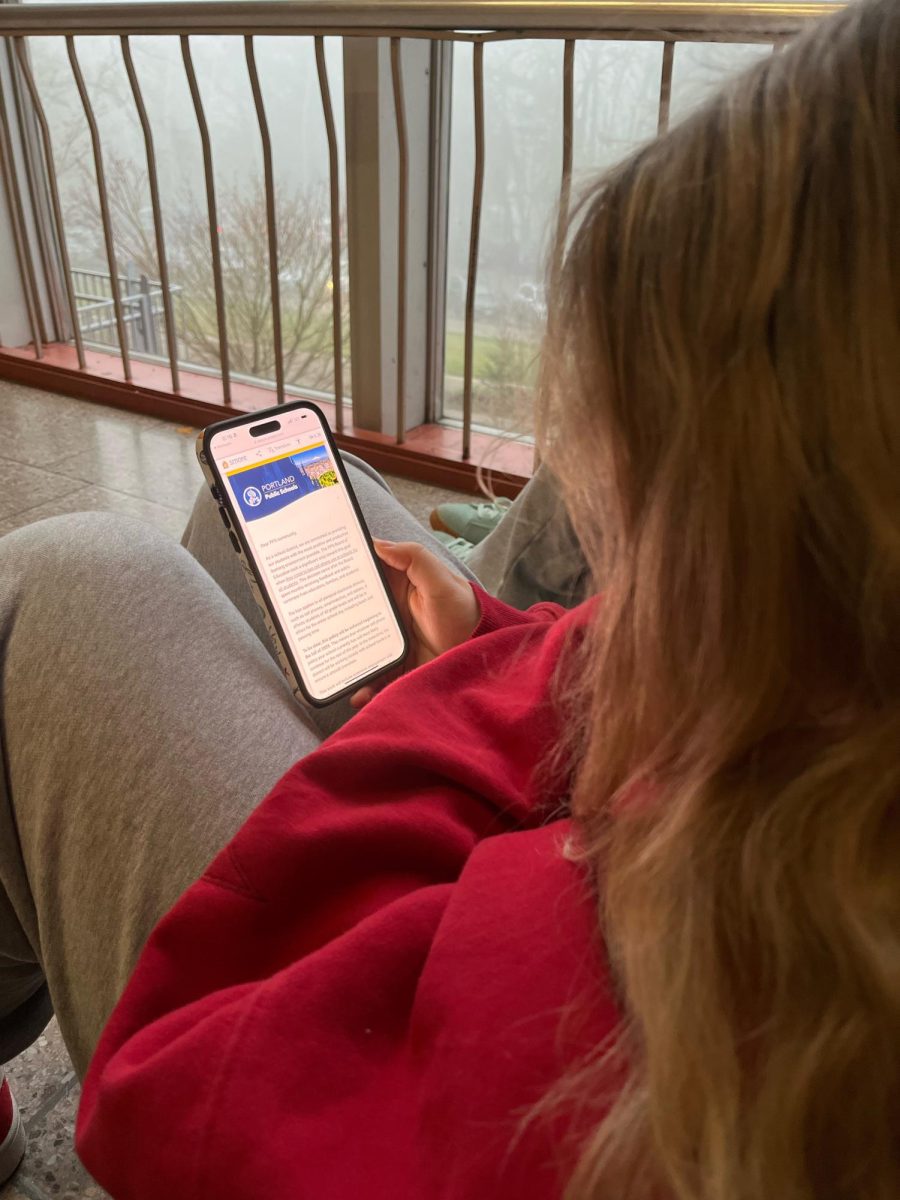
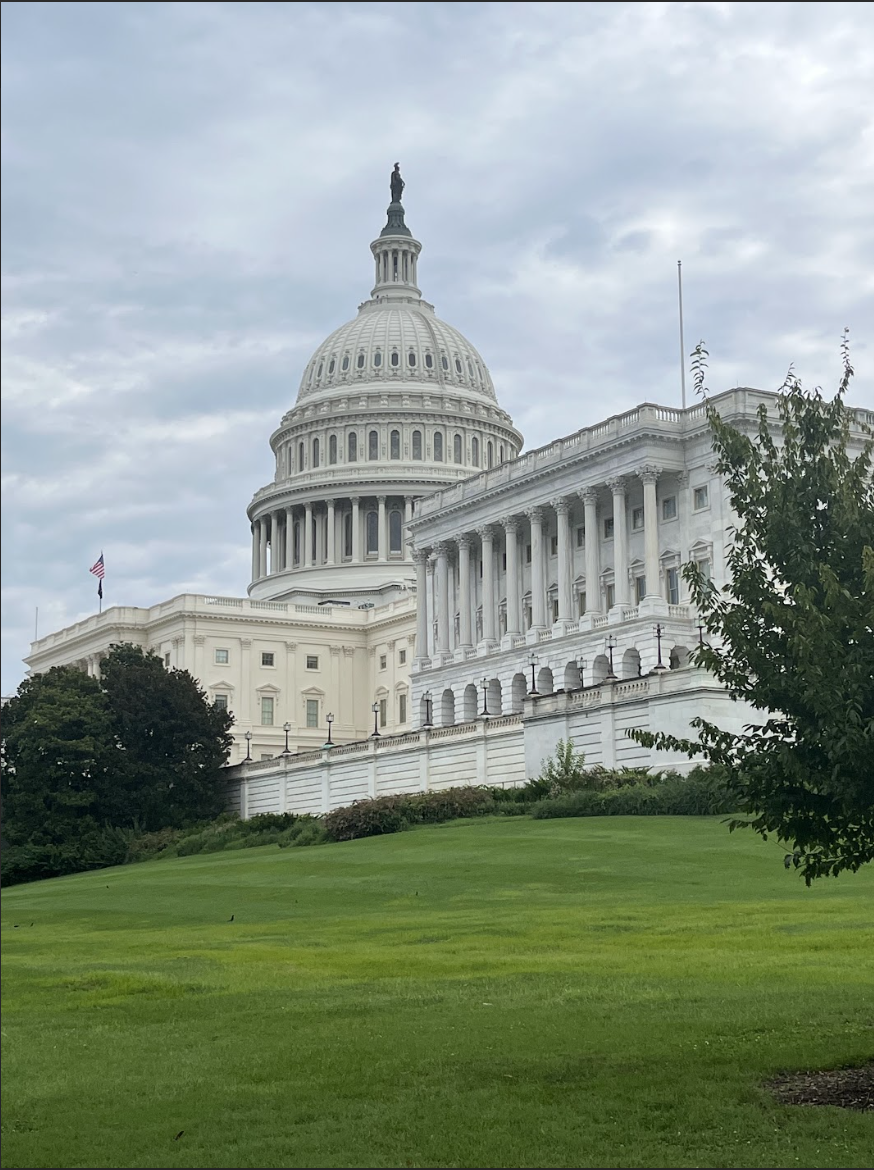
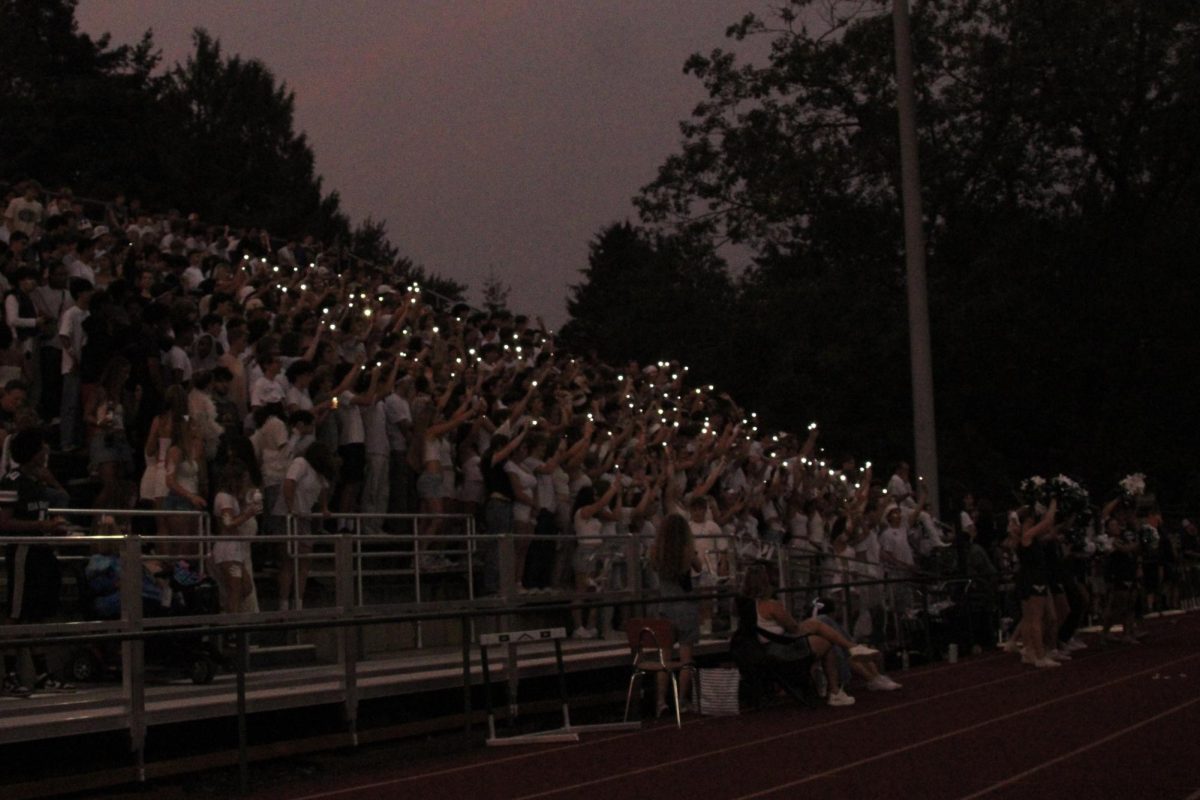

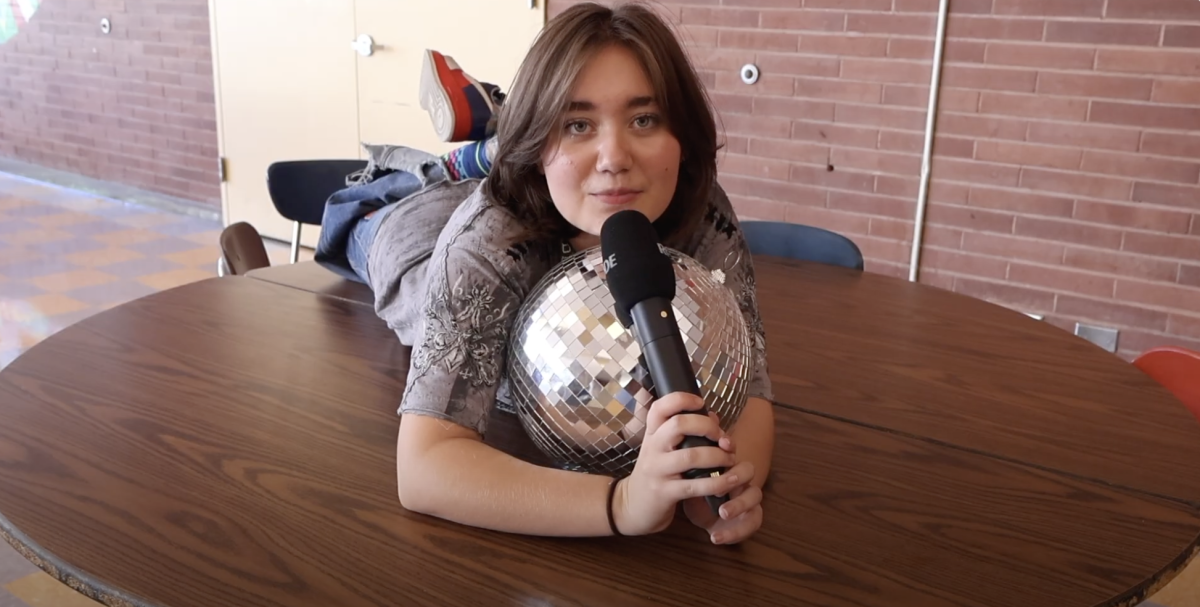


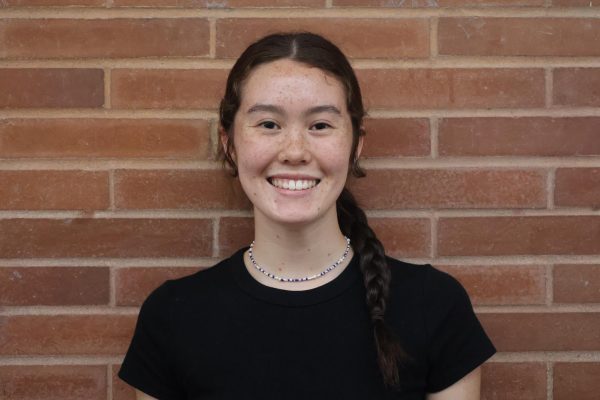
Richard Betts • Jan 23, 2025 at 5:05 pm
Great reporting and perspective from both sides.